The B2B Guide to Inbound Marketing
Though B2B consumers continue to indicate a preference for inbound marketing over more traditional marketing methods, some B2B companies have been...
3 min read
Mark Parent
December 3, 2017 12:56:00 PM EST
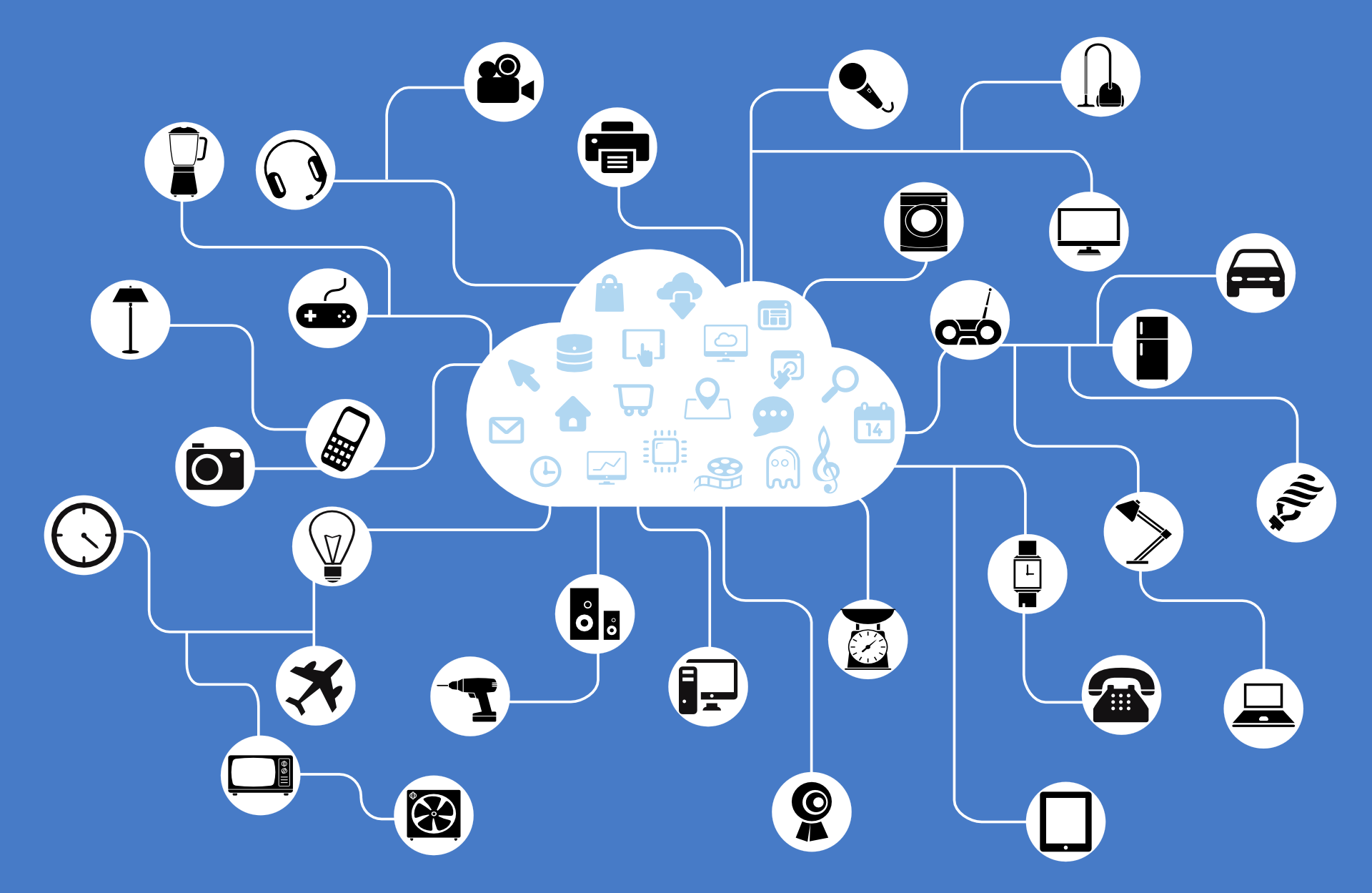
We live in an era of incredible technological innovation and change. Just within the last 20 odd years, we've seen the rise of the Internet — a global, instantaneous communication network — and then watched as it transformed into the mobile web we know today.
And while it's true that the mobile web is just getting started, the next paradigm is already around the corner. For those who seize on this coming paradigm, it will open a world of possibilities to engage with and understand customers that were previously not possible.
It will be a revolution in marketing.
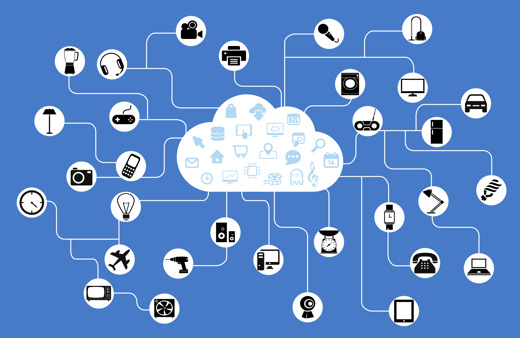 The Internet of Things (IoT) represents the next Internet paradigm after the mobile web, and it offers marketers tremendous opportunity via deep, granular data and insights.
The Internet of Things (IoT) represents the next Internet paradigm after the mobile web, and it offers marketers tremendous opportunity via deep, granular data and insights. ![]()
What is this paradigm? What is fueling this coming revolution?
The answer is the Internet of Things (IoT).
The IoT is just getting started, but in the future, it will be all around us. It will be in our cars, our refrigerators, our ceiling lights, and even our shoes. It will be a global blanket of technology that will permeate every aspect of our lives, even more so than our smartphones currently do.
It sounds pretty crazy, but in the next 5-10 years, it will be reality. Everything in your life will be connected to the Internet of Things.
IoT devices will be equipped with software, sensors and/or wireless capability. As a result, they will be able to perform many tasks, including:
Your car will monitor itself for mechanical failures, and if you need new brakes, it will offer to order new ones for you as well as schedule an appointment with your mechanic. Your fridge will tell when you're running low on milk, eggs, and other items, and offer to have more delivered (maybe by drone!).
As a side note, if you use the smartphone app Waze, then you're already experiencing the IoT. Waze monitors all its users and the speed of their vehicles in order to detect traffic jams and slowdowns, and then provide you with the fastest route to your destination.
The IoT has grown significantly already, and is predicted to include 20-30 billion connected objects by 2020 (not including smartphones, tablets, or desktop computers), according to different experts.
These devices will produce incredible amounts of data, possibly hundreds of millions (or even into the trillions) of different data points, and hypercomputing and cloud computing advances will allow for inexpensive storage of these massive data sets.
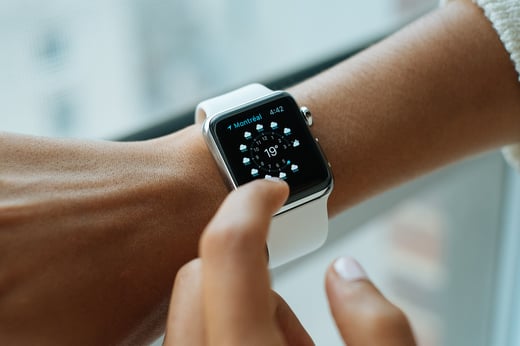
The smart watch is one example of wearable technology
that's already part of the IoT (Internet of Things). ![]()
Robust analytics programs will be able to take these large data files, interpret them, generate reports, make informed real-time observations and recommendations, and display the results in easily interpretable dashboards and reports.
Using this richly analyzed and presented information, people can make better decisions more rapidly, respond to issues faster, and engage in ways not possible in the past.
As science fiction becomes science fact, smart marketers understand that the IoT represents incredible potential. Consider wearable technology, which includes everything from sneakers and t-shirts with embedded sensors to bracelets and watches that monitor vital signs and activity.
Some would argue that even the smartphone is wearable tech, given that most of us carry it with us at all times, transmitting information about location, app usage, search history, and interactions with others.
These advances mean marketers will have far more information about how we live our lives. This will enable marketing teams to further customize advertisements based on real-time information.
Marketing messages will become more relevant and personal to consumers, and added relevance will lead to more customer engagement.
According to HubSpot:
"Maybe this means that ads will soon have the ability target people based on their every move. For marketers, this means that your data will have to become more behavior-driven and, although the power of devices may seem unsettling, you’ll be right on target. At the end of the day, people will what they want."
Marketo adds that the IoT means "the days of trying to figure out what people want" will be behind us, because the "IoT presents opportunities for real-time engagement and customer service" that previously never existed.
Marketers will be able to use the IoT in the following ways, according to Marketo:
The IoT is a tremendous opportunity, and with Inbound 281, marketing executives have a strategic partner for their future IoT marketing. Contact us for a free marketing assessment and a discussion about how you might be able to use the IoT in your business.
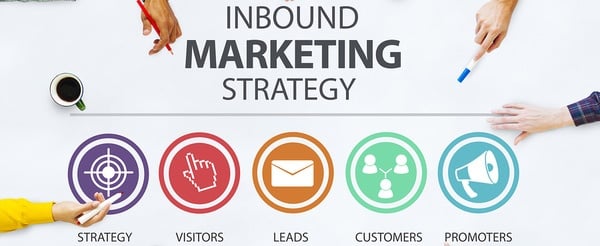
Though B2B consumers continue to indicate a preference for inbound marketing over more traditional marketing methods, some B2B companies have been...
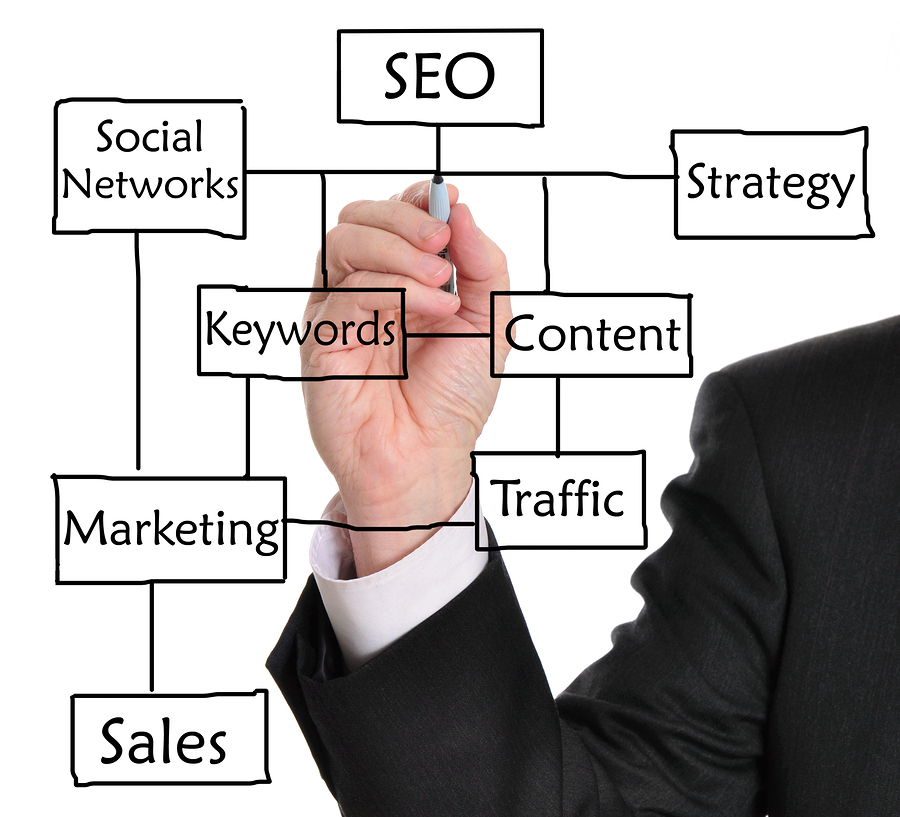
Inbound marketing has gained a loyal following among businesses over the past few years -- and for good reason. It's an alternative strategy to...

When you think of marketing automation, you might imagine a warehouse full of robots or a collection of algorithms that can click buttons and...